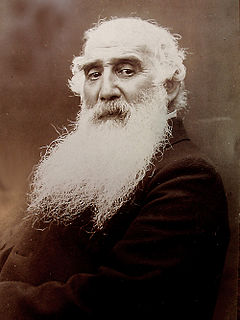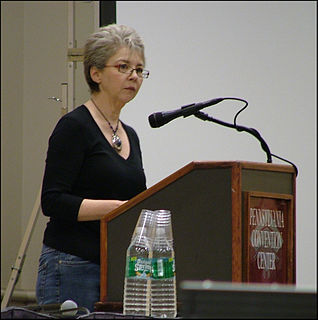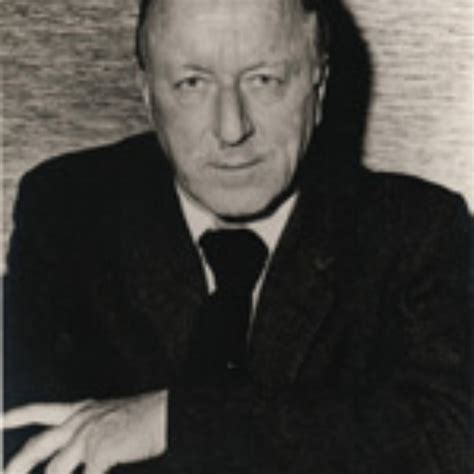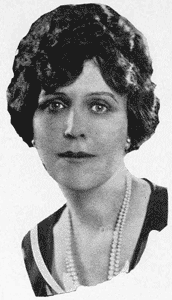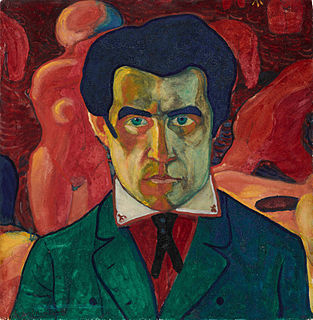A Quote by Camille Pissarro
I remember that, although I was full of fervour, I didn't have the slightest inkling, even at forty, of the deeper side to the movement we were pursuing by instinct. It was in the air!
Related Quotes
It's crazy because I was 10 years old when 'Macarena' was all over the place, and I remember looking at it from a different point of view. I remember culturally how important that song was, even though people didn't really know what they were saying. It was more about the dance and the movement of it and the cultural side of it.
Existential psychotherapy is the movement which, although standing on one side on the scientific analysis owed chiefly to the genius of Freud , also brings back into the picture the understanding of man on the deeper and broader level man as the being who is human. It is based on the assumption that it is possible to have a science of man which does not fragmentize man and destroy his humanity at the same moment as it studies him. It unites science and ontology .
The unwritten rules of behaviour are infinite in number, finely shaded, and subtle to the last fraction of a degree. They are not to be broken. If broken, the rules of forgiveness leading to re-establishment are equally of air and iron. I learn these rules with rather less ease than my contemporaries because, in the back streets of my being, a duel is developing and increasing in fervour between my instinct which knows why something is so, and my hen-pecking intelligence which wishes to analyse why something is so.
